Treatment Options for Anal Stenosis
Anal stenosis refers to a relatively uncommon condition in which the anal canal tightens and also narrows, leading to difficulty in passing stools. It is also known as rectal stenosis or anal stricture.
The anal muscles do not expand and also contract normally during defecation, which (aside from rather incomplete passing of stools) can cause constipation,
If not treated early enough, serious long-term complications can result. The focus is on treating anal stenosis and also on anal stenosis causes symptoms and also diagnosis.
What are anal stenosis causes and symptoms?
Stricture usually affects the internal sphincter, which is the involuntary sphincter located inside the external sphincter. The external sphincter is really under control so that the person can decide when it is convenient to pass stools.
In most instances, the cause of anal stenosis happens to be the scar tissue formation resulting from surgery in the anal area, like hemorrhoid or skin tag removal. Anal stenosis is rather caused by scar tissue, but this scar tissue can have various causes.
Other reasons for the formation of scar tissue in and also around the anus include:

Anal Stenosis
Congenital malformation
- Sexually transmitted disease
- Rectal infection
Anal stenosis symptoms may rather include:
- Constipation
- Straining (leading to anal fissures and also tears, which in turn can cause spasms)
- Painful bowel movements
- Small or thin stools that may indeed come out in pellets
- Fresh blood (which is bright red)
Symptoms of rectal stenosis can initially be rather tolerable but can get worse over time if they are not actually treated. It is indeed crucial to get treatment for anal stenosis as early as possible to avoid more serious problems later.
Having an anal stenosis?
It is essential not to mistake anal fissures (small, painful tears in the rectal lining) for anal stenosis. Constipation is not necessarily an indicator of stenosis either, although it too happens to be a symptom. If consistently experiencing both, however, anal stricture can be the cause. Bleeding from the anus can also have various causes, but should always be a reason to seek medical examination.
It is simple to diagnose anal stenosis. A qualified medical practitioner will rather do a physical examination and also assess one’s symptoms and medical history to come to a conclusion. If necessary, at this point a person will be able to get treatment for anal stenosis. He or she can also do anal stenosis treatments at home if preferred.
How do you treat anal stenosis?
There are both surgical anal stenosis treatments and also non-surgical anal stenosis treatments. Studies do indicate that anal stenosis treatments are usually effective, but what is needed will depend on the severity of one’s condition.
Treatment Methods for Anal Stenosis
- Dietary Adjustments: This is for mild anal stenosis and can also include eating foods having more fiber, which can make stools larger.
- Stool Softeners: For mild to moderate anal stenosis, this can rather help stretch a mild stricture.
- Anal Dilation: This is indeed a method to stretch the anal canal.
- Steroid Injection: When injections are made right into a scar it can potentially reduce recurrence of stricture.

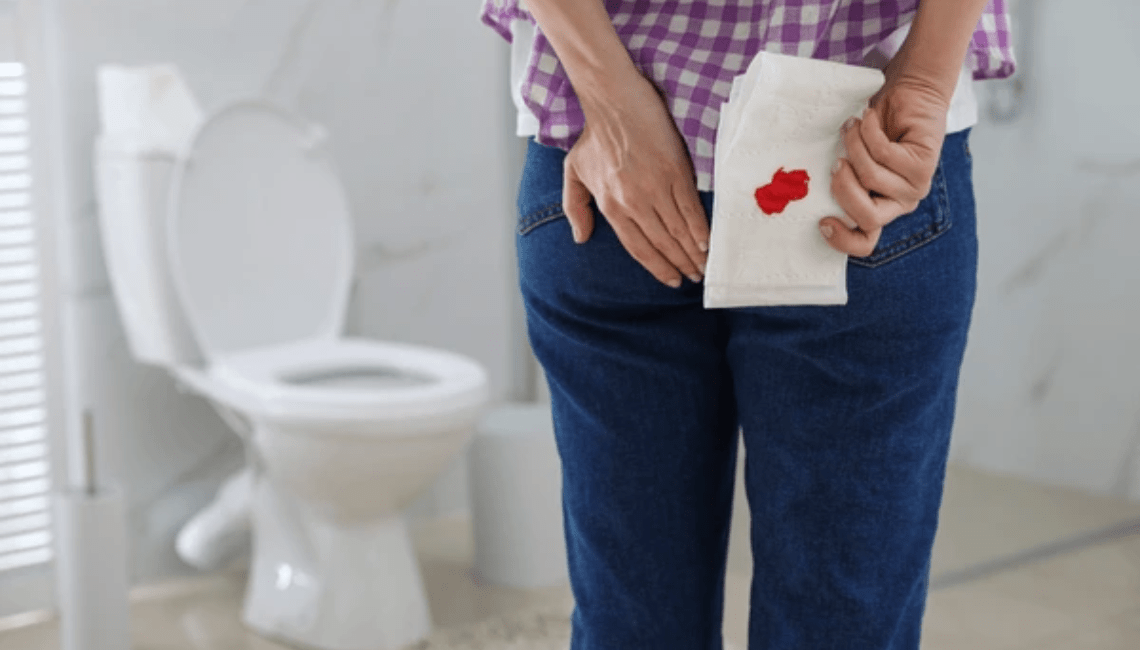

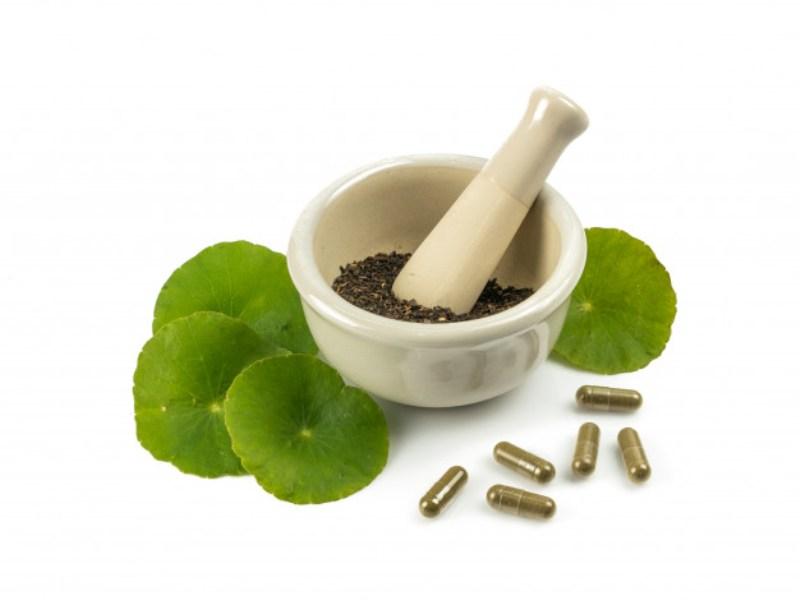


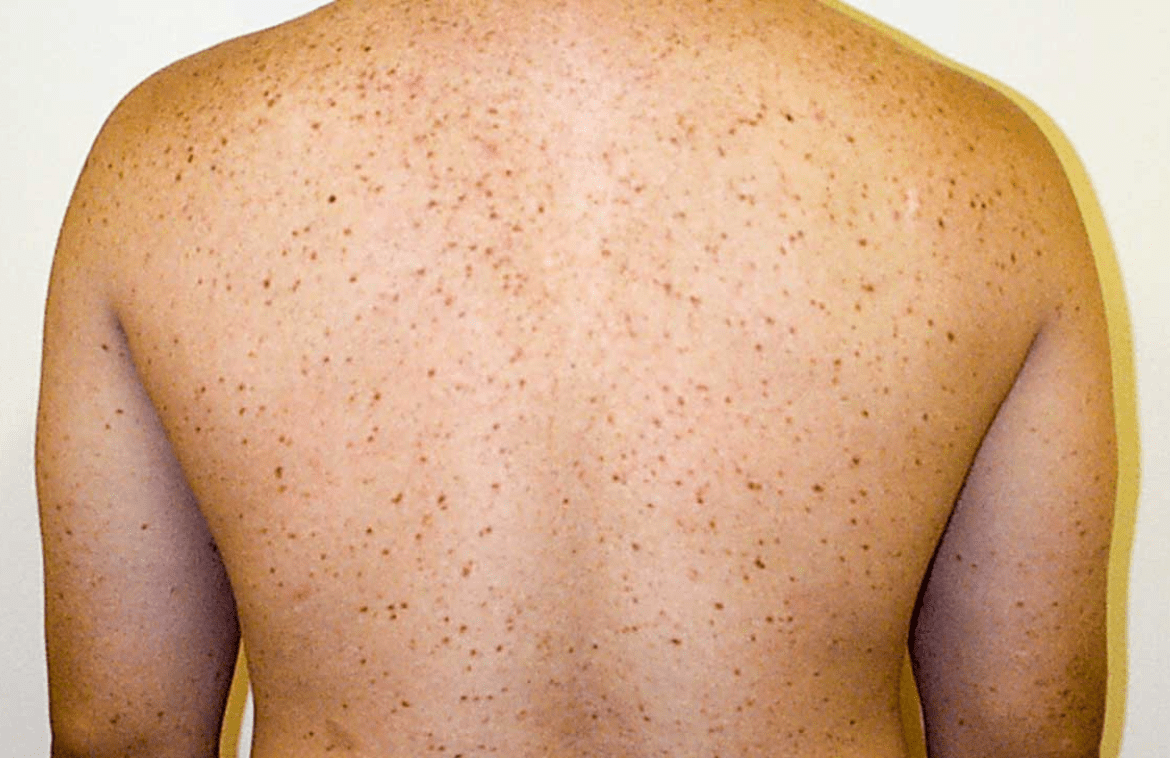
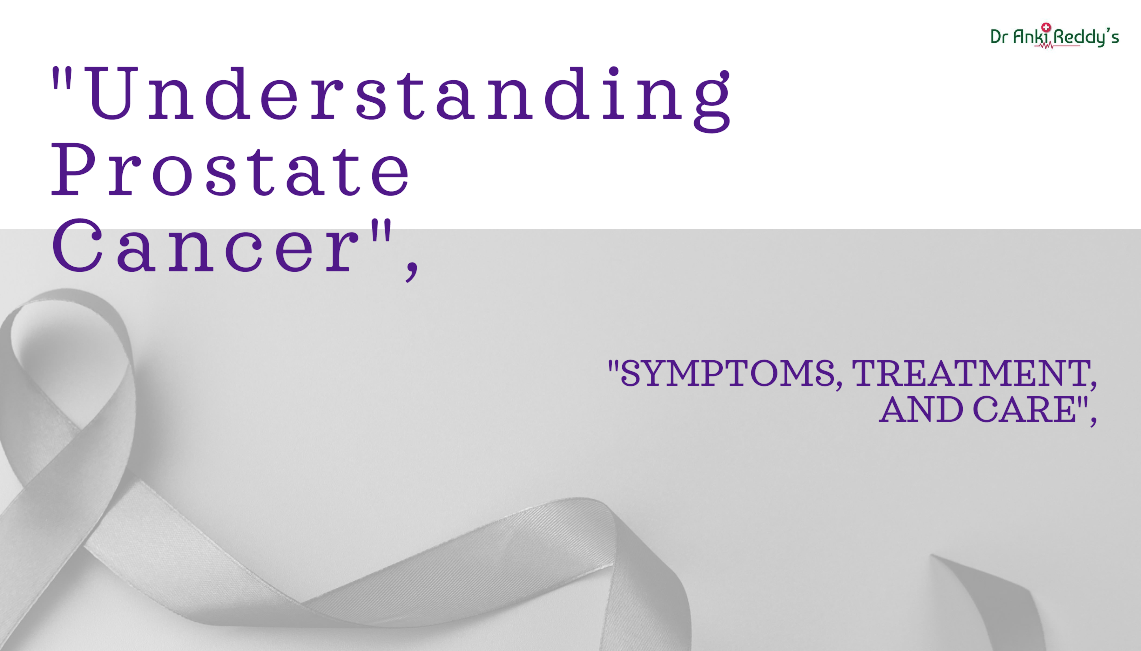
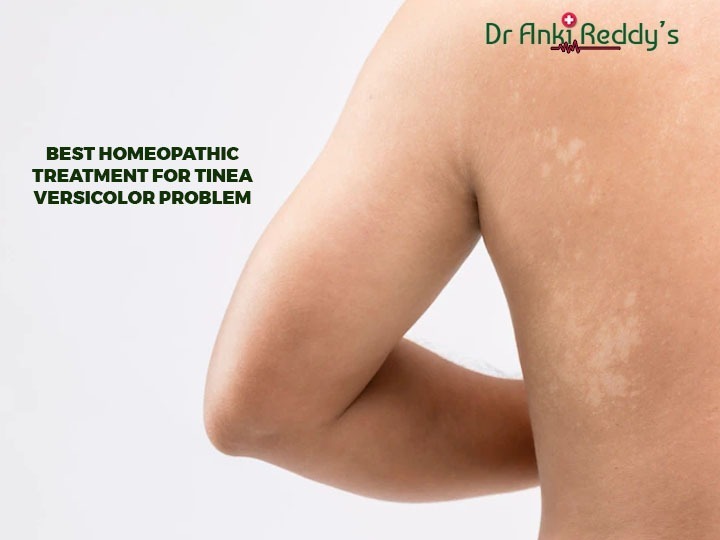
There are no comments